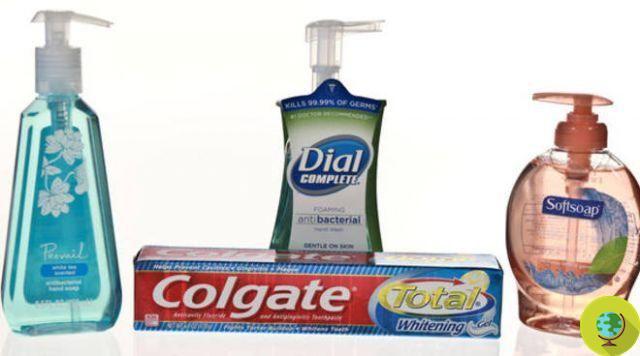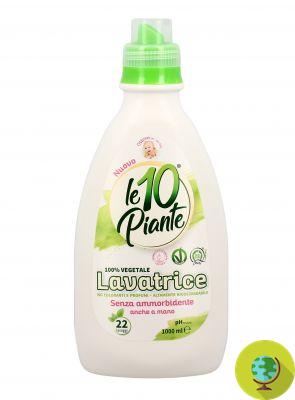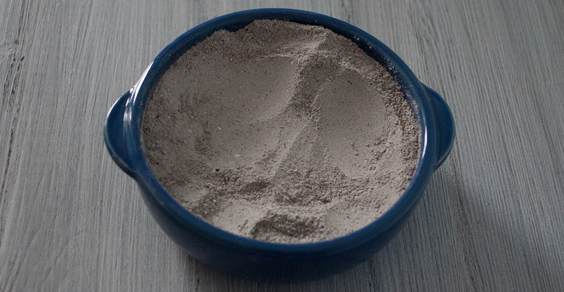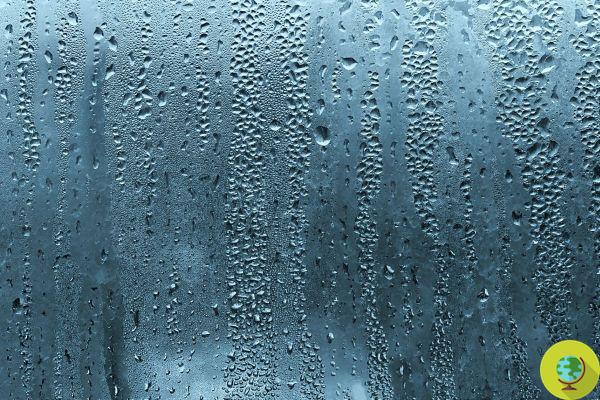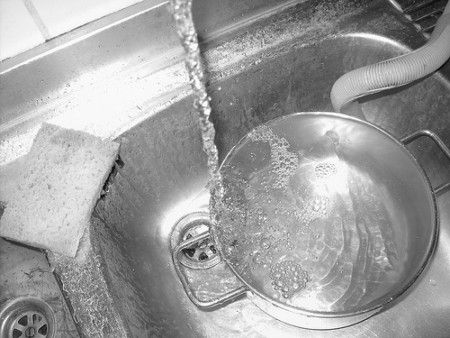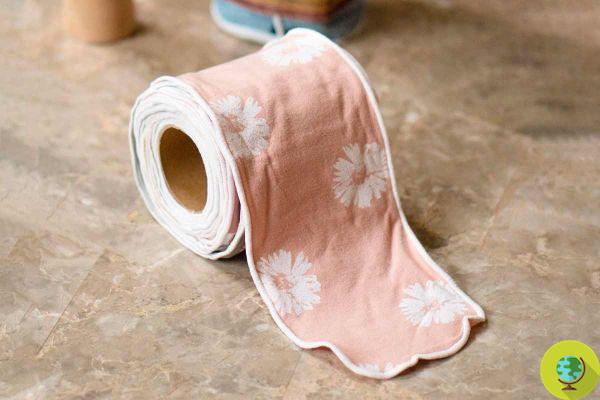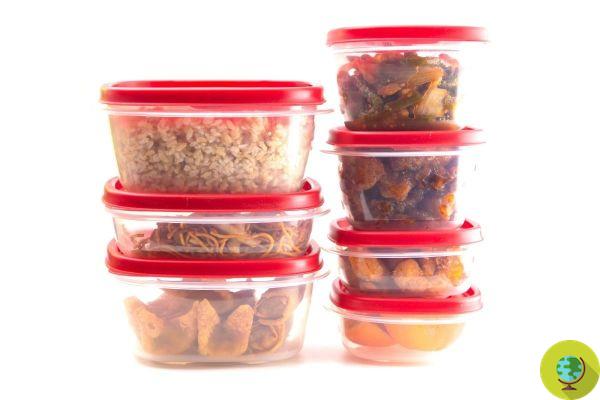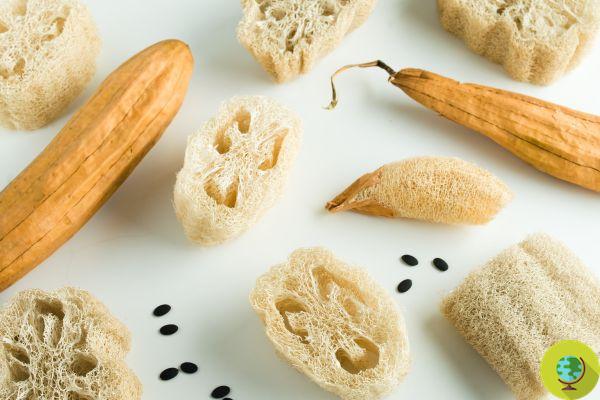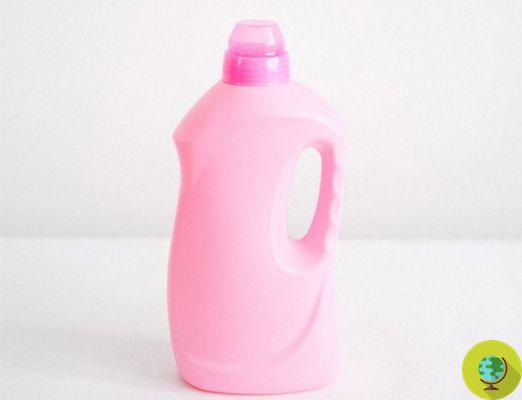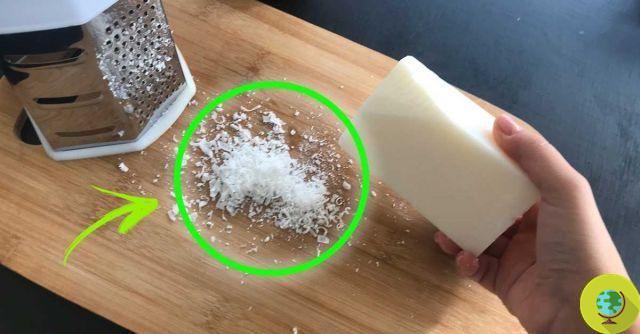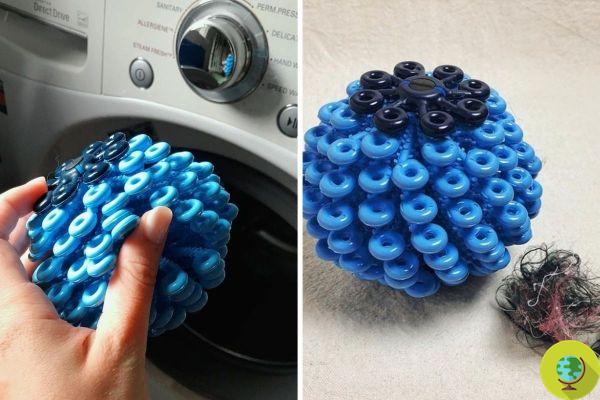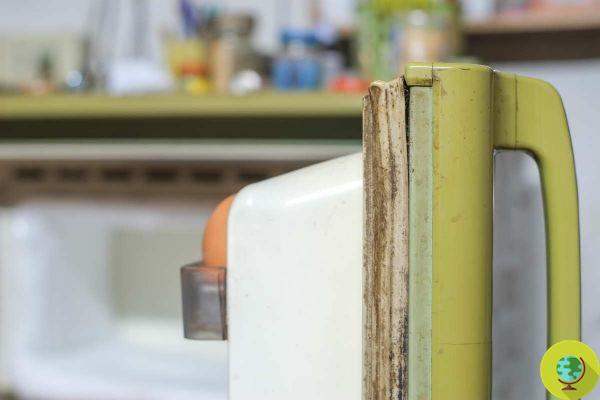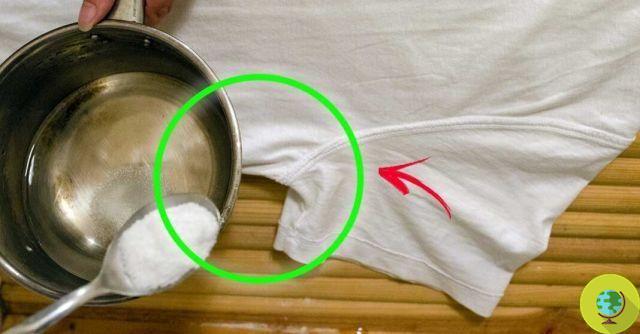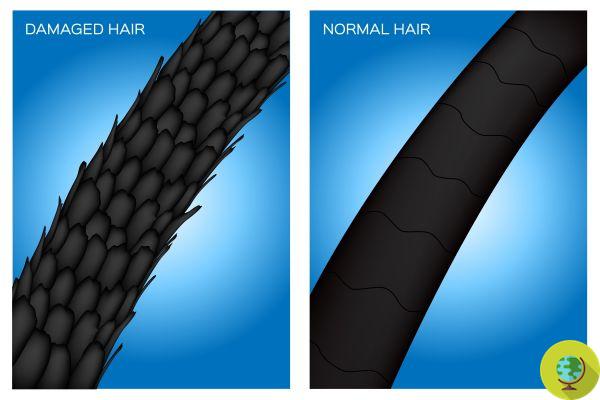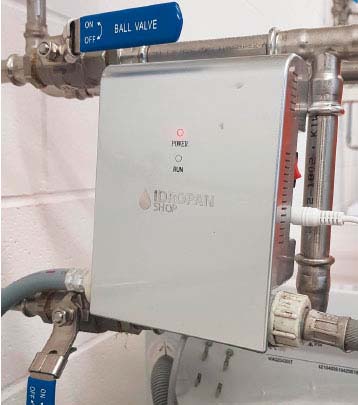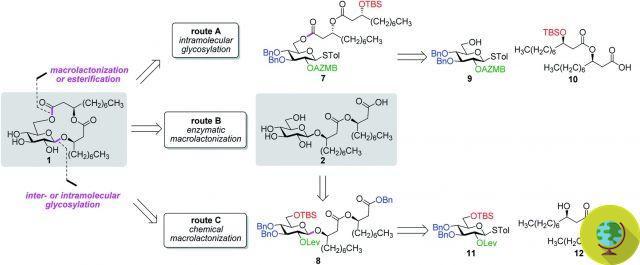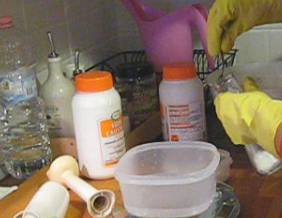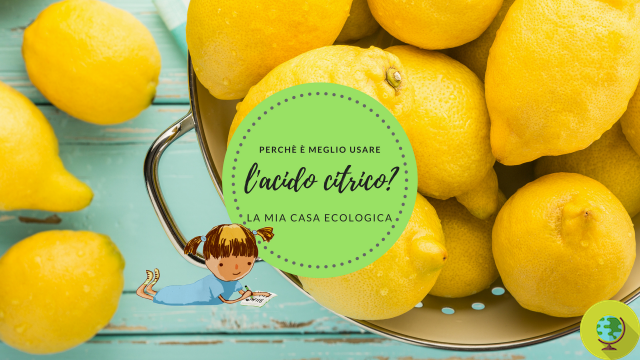
Citric acid is a multipurpose ingredient for ecological cleaning. It will serve you as a softener and descaler in the washing machine, as a rinse aid in the dishwasher, as a descaler and more. Both pure citric acid and citric acid monohydrate (which contains a water molecule) are effective and suitable for ecological cleaning. Here's how to use citric acid and why you should prefer it to vinegar.
He is about to end up run over, his mother saves him
THEcitric acid is a multipurpose ingredient for ecological cleaning. It will serve you as a softener and descaler in the washing machine, as a rinse aid in the dishwasher, as a descaler and more. Both pure citric acid and citric acid monohydrate (which contains a water molecule) are effective and suitable for ecological cleaning.
Here how to use citric acid and why prefer it tovinegar in cleaning.
Index
How to use citric acid
Don't forget the precautions. Although the use of citric acid is not complicated, always wear gloves and avoid contact of the product with the eyes. Have a scale, a measuring cup and a spoon or stirring rod at your disposal.
The products prepared as follows they can be kept without problems even for 1 month. Use tap water or distilled water (if, for example, you can recover it from the dehumidifier). For use at the moment you can prepare 100 ml single doses to be used at the moment. THU all the instructions for single doses.
Rinse aid for the dishwasher
To prepare a single dose of rinse aid for the dishwasher pour 15 grams of citric acid into a measuring cup. Add water until it reaches the 100 milliliter mark and mix. Pour the rinse aid into the compartment at the time of washing. You can prepare a larger quantity by using 150 grams of citric acid and bringing the water to 1 liter.
Read also: Do-it-yourself rinse aid for the dishwasher with citric acid
Softener for the washing machine
Prepare a single dose of fabric softener for the washing machine from 100 milliliters. It only takes a few seconds. Pour 10 grams of citric acid into a measuring cup. Add water until it reaches the 100 milliliter mark and mix. To stock up on fabric softener, use 100 grams of citric acid and bring the water up to the 1 liter mark (in this case, choose a graduated container of the right capacity). Pour 100 milliliters of citric acid fabric softener into the dishwasher tray at the time of washing.
Descaler for surfaces
Pour 150 grams of citric acid into a graduated container, add water until it reaches the 1 liter mark and mix well. You can pay this anti-limescale in one or more spray bottles and use it on the surfaces to be cleaned with a soft cloth. Let it act before rinsing. Alternatively, pour the solution of water and citric acid into a container in which to immerse the objects from which to remove the limescale, such as the hand shower, the filters of the taps and the caps of bathtubs and sinks.
Descaler for washing machine and kettle
Occasionally - for example once a month or every two months - do a vacuum wash with a descaling solution of citric acid. Pour 150 grams of citric acid into a graduated container and add water up to 1 liter, then mix. If your washing machine has severe limescale problems, increase the amount of citric acid up to 200 grams. All you have to do is pour the water and citric acid solution into the washing machine and start the washing program. For eliminate the limescale deposited in the kettle effortlessly just pour 250 milliliters of water and 1 teaspoon of citric acid inside. If you do this in the evening, the next morning you will notice that the limescale will be gone and the kettle will look as good as new. Empty and rinse the kettle well before using it.
Remedy for clogged drains
unblock a blocked drain try pouring half a glass of citric acid followed by half a glass of bicarbonate and 1 liter of hot water. Citric acid and bicarbonate will react with each other: you will hear them fizz. The reaction should help move the traffic jam. Do not use boiling water to avoid damaging the plastic pipes.
Read also: 10 recipes for unclogging drains and sinks
Why prefer citric acid over vinegar?
To reduce the pollution
Did you know that vinegar pollutes more than citric acid? This is due to the acetic acid contained in it. The chemist Fabrizio Zago, expert in the field of ecological detergents, recalls that the official data of biodegradability and toxicity to aquatic organisms prove that acetic acid pollutes 53 times more compared to citric acid. THU e Thu further information.
Avoid bad smells
Citric acid has the advantage of being odorless. It leaves no unpleasant smell when used for laundry or house cleaning. Vinegar, on the other hand, has a characteristic odor that can be unpleasant and annoying. The problem is solved by giving one's preference to citric acid.
Reduce waste
Self-producing detergents also means learning how to reduce the volume of household waste. One of the advantages of citric acid from this point of view is the possibility of buying the ingredient in bulk or in any case packaged in a simple paper sachet (think of when we buy citric acid in a pharmacy or herbalist's shop) much less bulky and more simple to dispose of compared to the glass bottle of vinegar.
Save
Some people choose vinegar to save money. In reality using citric acid does not cost more than vinegar. 100-150 grams of citric acid cost around 50 cents to 1 euro (depending on the price per kg). With this amount you will prepare 1 liter of product by dissolving the citric acid in water. The cost is equivalent to that of a 1 liter bottle of vinegar purchased at any supermarket. Choose citric acid to save money: the do-it-yourself citric acid cleaners described in this article they cost less than ready-made products on sale (ecological and not), with particular reference to softener for the washing machine and rinse aid for the dishwasher.
Avoid the risk of allergies
According to the chemist Fabrizio Zago the contact of vinegar with the metal parts of the house and appliances, in particular with stainless steel, would cause a release of nickel, increasing the risk of allergic reactions: “Always avoid the use of vinegar, which attacks metal surfaces releasing nickel and favoring the ever increasing nickel allergy". THU other useful info.
Where to buy citric acid
Find citric acid in shops of organic and ecological products, in bulk product stores, online shops, herbalists, pharmacies, wineries and agricultural consortia, which should have citric acid sold by the kilo at a low price. THU find the Citric acid map.
Citric acid or vinegar? To you the choice!
Marta Albè
Source photo: naturesgardencandles.com
Read also:
Citric acid: 10 ways to use it at home and where to find it




